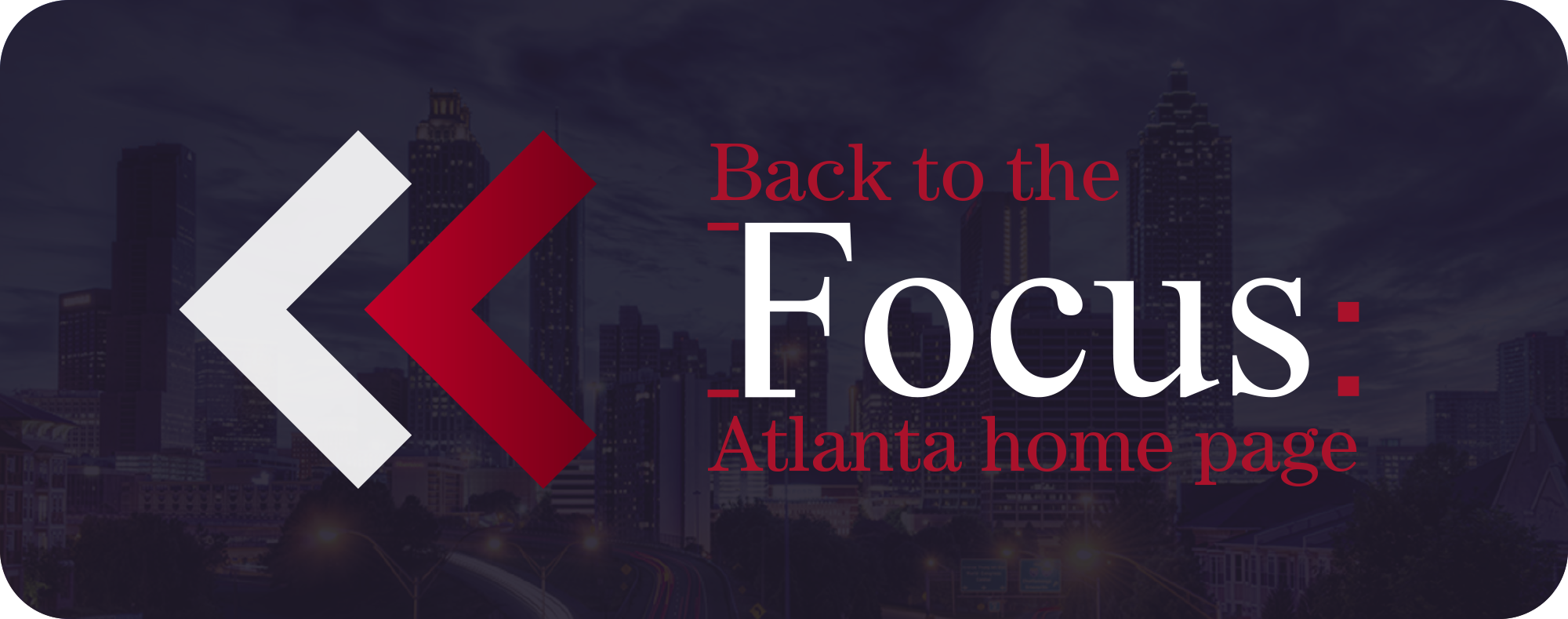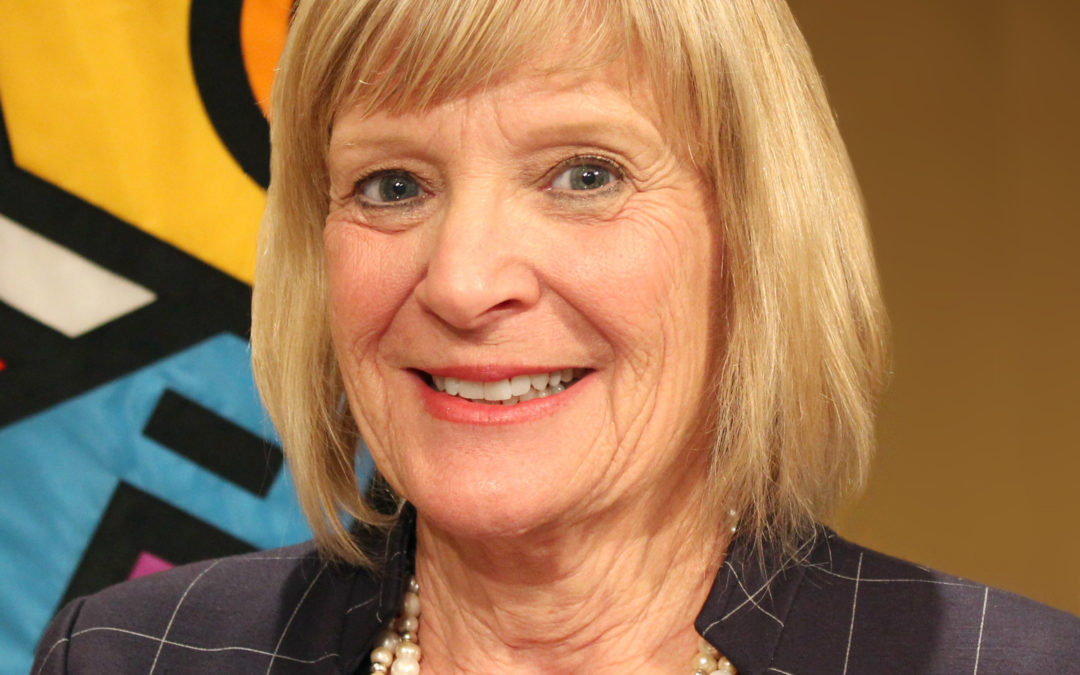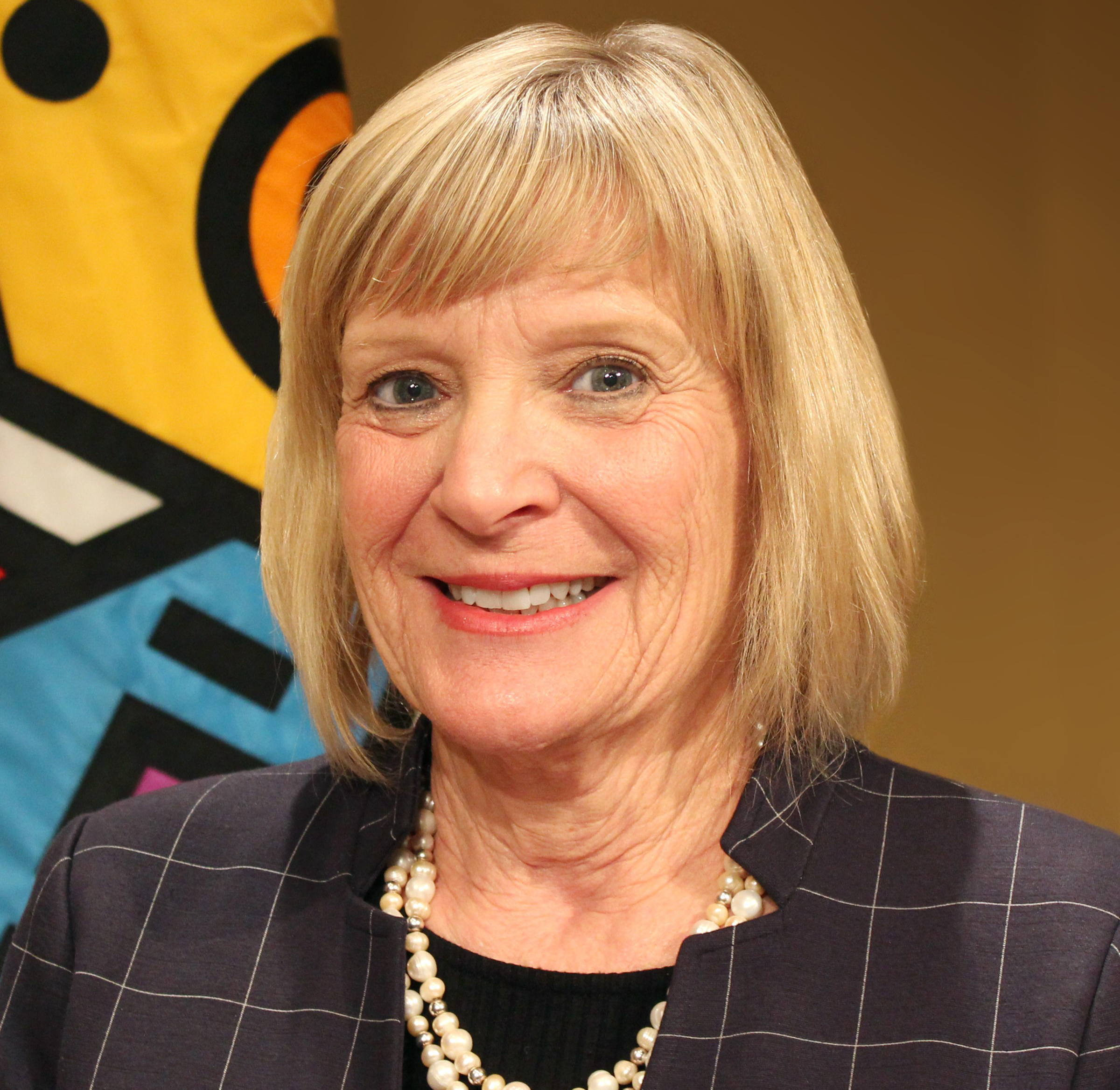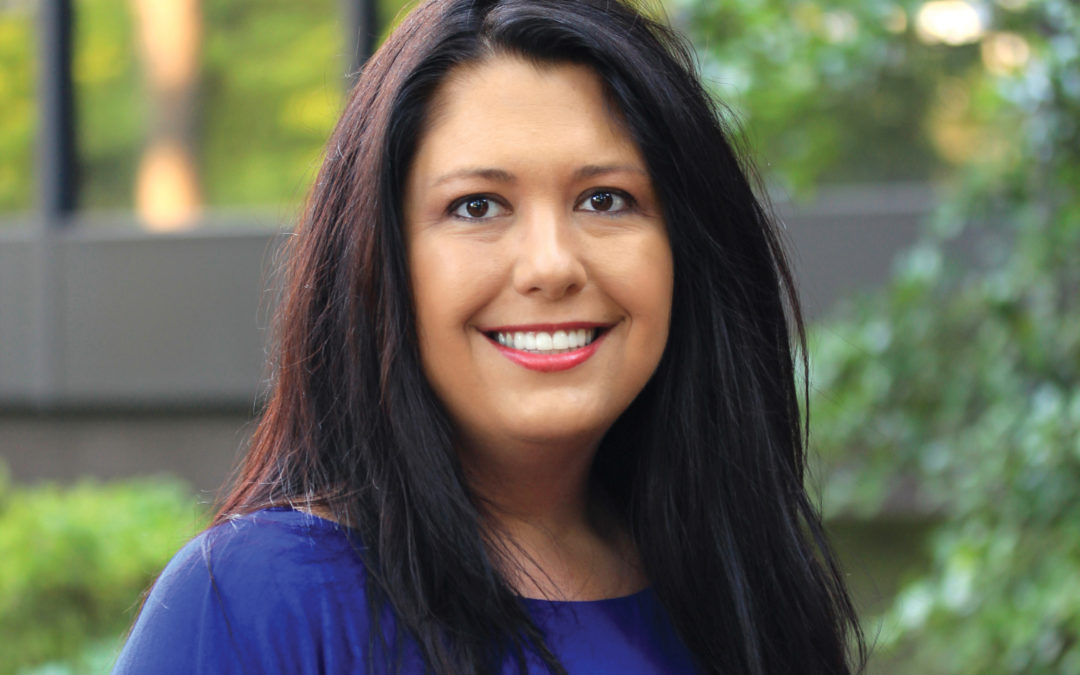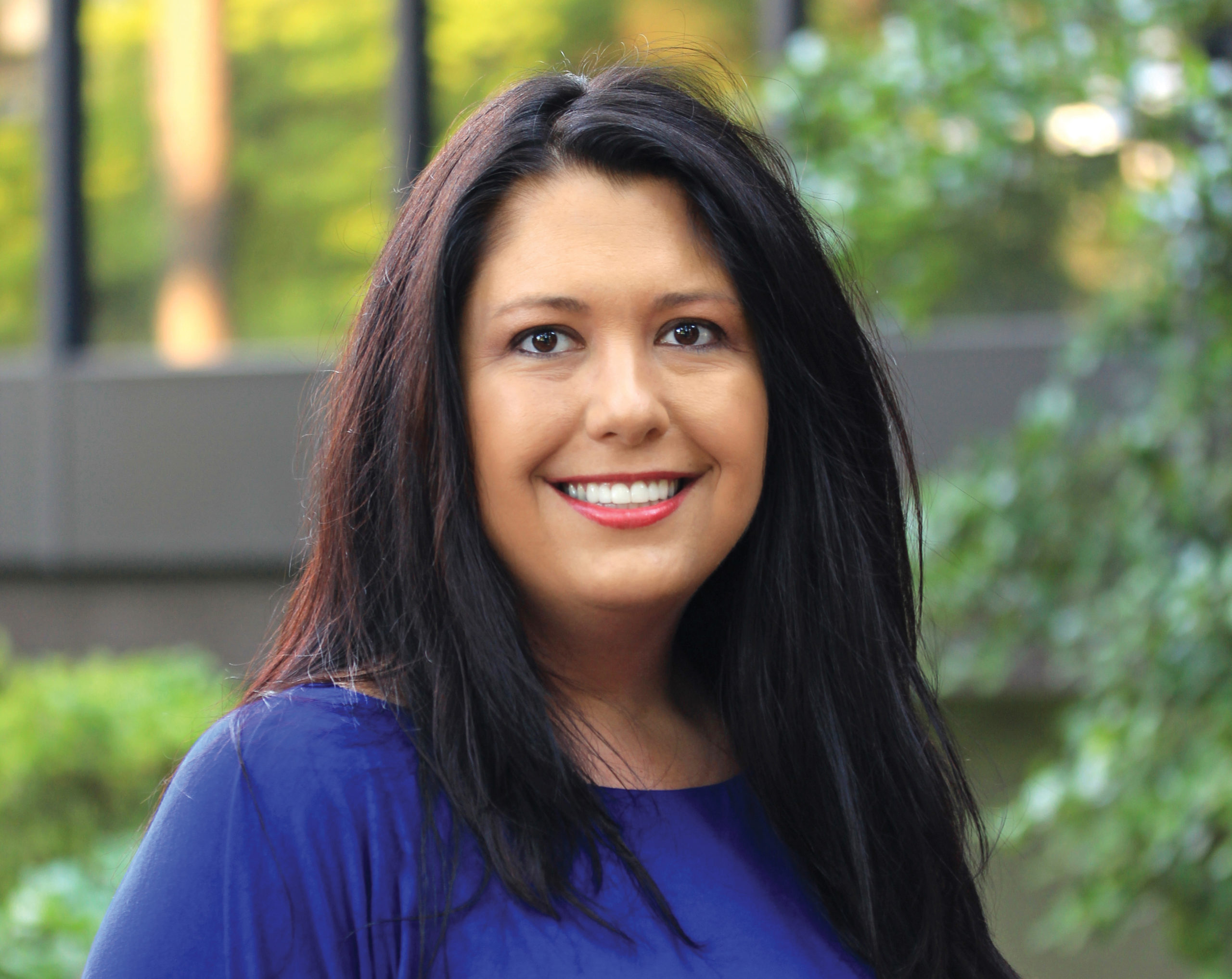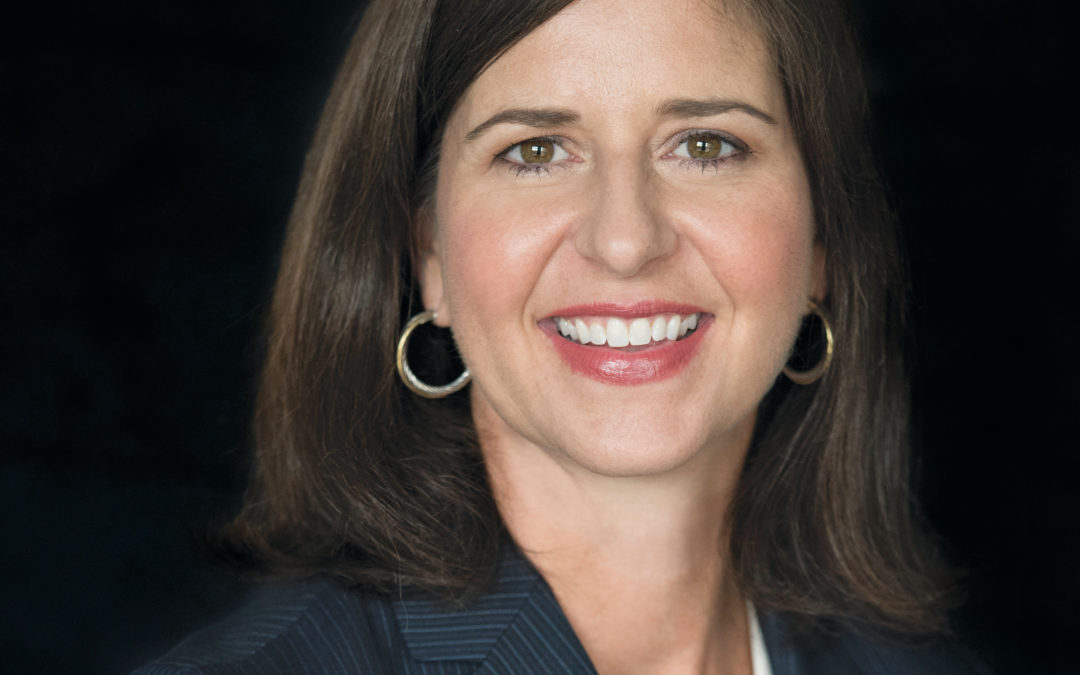
Spotlight On: Jenna Kelly, Northern Georgia Region President, Truist
By: Felipe Rivas
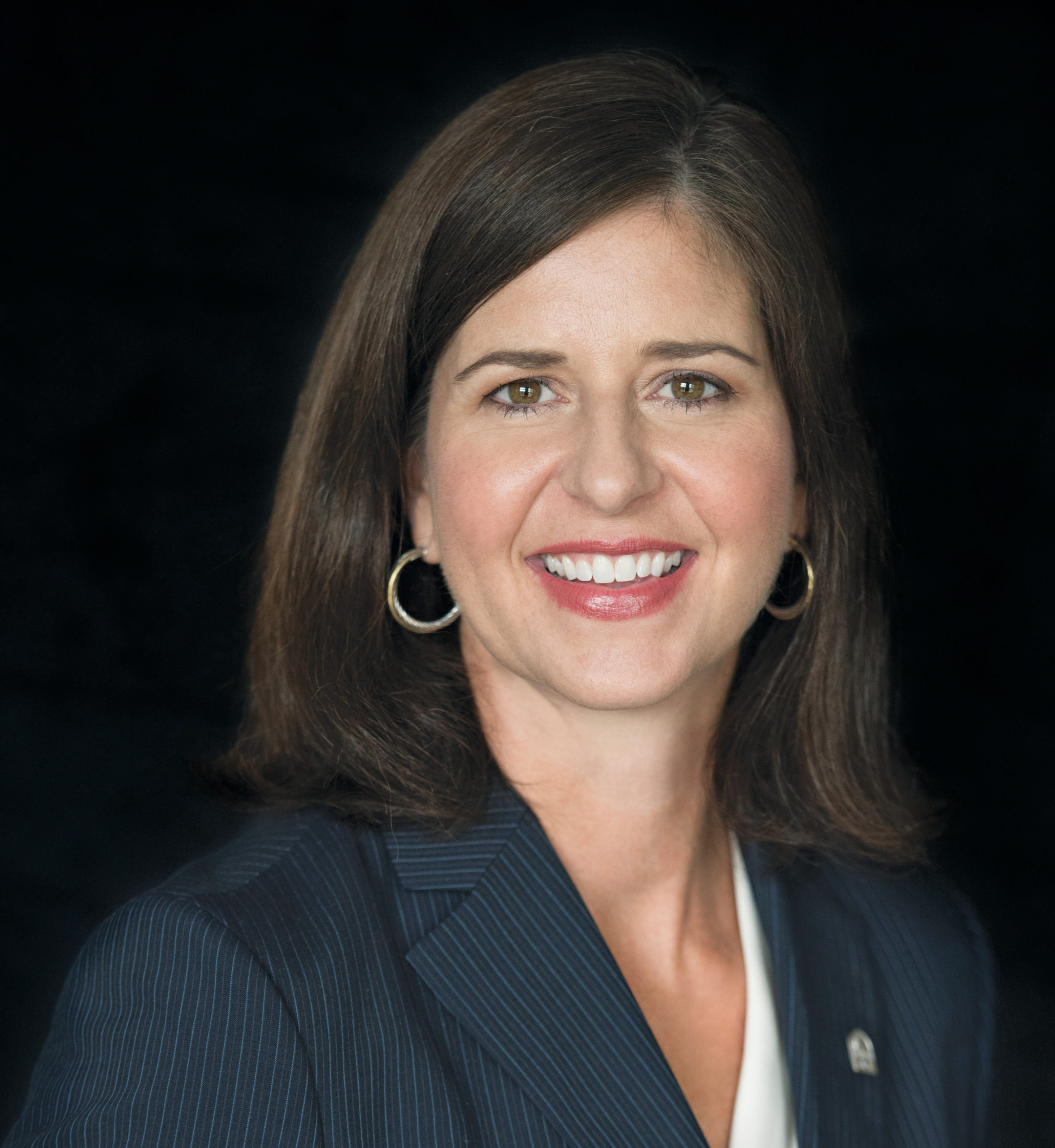
2 min read May 2020 —SunTrust and BB&T have combined in a historic merger of equals to create Truist, the sixth-largest U.S. bank holding company. With 275 years of combined history serving clients and communities in high-growth markets, the new company will deliver the best of both companies’ talent, technology and processes, Northern Georgia Region President Jenna Kelly told Focus: Atlanta.
Q: What has stood out for Truist in Atlanta in the last year?
A: We announced our merger in February last year and closed it in December. We spent the bulk of the year operating independently as SunTrust and BB&T. This meant we really only had three months as a joint entity before the COVID-19 pandemic struck. All along, we have been talking about how this merger was an opportunity to build a better bank and we looked at how we were better together, including our complementary business lines and strategies. One of the exciting developments this year was our announcement of the new branding and our purpose. The Truist purpose is to Inspire and Build Better Lives and Communities. That purpose is at the center of everything we do, and something that differentiates us, especially given the current circumstances, to our clients.
Q: What has been the real impact of the COVID-19 outbreak on the operations of Truist?
A: We said from the outset of the merger that all our client-facing teammates would retain roles. Within the Northern Georgia region, our team remains in place and our efforts have really been more about how we integrate culture. With the pandemic, most of our team is working remotely. We paid a $1,200 special bonus to all our teammates who make less than $100,000, we have implemented additional time off and we have introduced more flexibility given family dynamics can be difficult to juggle when childcare or education are not available.
We also turned our attention to how we can provide our clients with relief. We are participating in the Paycheck Protection Program (PPP) and we are working on how we can get our clients the funding they need. Through the first round of funding, we have helped around 32,000 clients with $10 billion in PPP loans. In Atlanta, we made around $4 million in grants to the agencies that are on the frontlines of the crisis response.
Q: As you have seen the landscape change, how have you seen the banking industry set up for the future?
A: The message is that there is a place for everyone, whether it be a small bank, a large regional or a multinational. The impetus behind our merger was the growth of technology in banking. We looked at the demands our clients have in the way they want to be serviced, and it is not necessarily walking into a branch anymore. We needed some additional scale, and we came together so we could be more innovative and make new investments. This does not mean there is no longer a role for community banks. We believe we have a unique opportunity however to leverage our high touch community bank model with investments in technology to create better client experiences and build more trust – something we call T3.
Q: What role does Atlanta continue to play for Truist in its portfolio?
A: Atlanta is our largest market, given it was the headquarters of SunTrust. When we merged, we enhanced our market position. Atlanta is a diversified economy both in industries and population and from a banking perspective, we like where we are in the market. We continue to invest to strengthen our position.
We have a very long history of supporting Atlanta as well as communities across the state. We announced last year that we would double our commitment to the Atlanta community to $300 million in investments over a three-year period. The investments include a combination of community development investments from the bank and philanthropic grants from our foundation.
More broadly, the Southeast has been one of the most attractive areas of the country. Those growth dynamics play well for Atlanta, which will continue to attract jobs, companies and population. As we come out of the COVID-19 pandemic, we hope to recover faster than other parts of the country, given our position going into the crisis.
Q: How are banks going to be able to help small businesses through this crisis?
A: Unfortunately, small businesses will be the hardest hit through this pandemic. The government stimulus is certainly a starting point and that will give them some temporary relief. We want to be able to leverage the tools and capabilities we have as a larger bank and deliver them on a local, personalized level. We, as a bank, can perhaps help fund CDFIs that can in turn fund small businesses. There is no one solution, but that is an area we were considering well before the pandemic.
I think it will be interesting to see how this pandemic changes the world for all of us. We have all adapted in ways we probably thought we never would or could. There is a lot of digital activity going on now that makes our merger make even more sense. We set up a portal for the PPP program within 36 hours so our small-business clients could apply for this funding quickly. Now we have this online business portal we can use when it is over to help small businesses apply for loans in ways that were not possible before. It remains to be seen what the scale of the impact will be. For our teammates, the priority will continue to be about their safety and when we will go back to working in a more traditional environment. But we have all proven that we can be productive in a nontraditional environment.
Q: What is the outlook for Truist Atlanta in the next 12-18 months?
A: We will continue our integration of the two banks because we are still operating fairly independently in terms of systems and brands in the market. The full rebranding will not happen until the third quarter of next year, so we have a lot of integration work to do in the next 18 months. We will focus on doing this in the least disruptive way for our clients. One significant and positive development is that we will not need to change our clients’ existing account and routing numbers so they will not have to order new checks. Creating a seamless transition to Truist will help solidify and grow our brand awareness in Atlanta, especially given the loyalty our previous brands generated.
To learn more about our interviewees, visit: https://www.truist.com/

